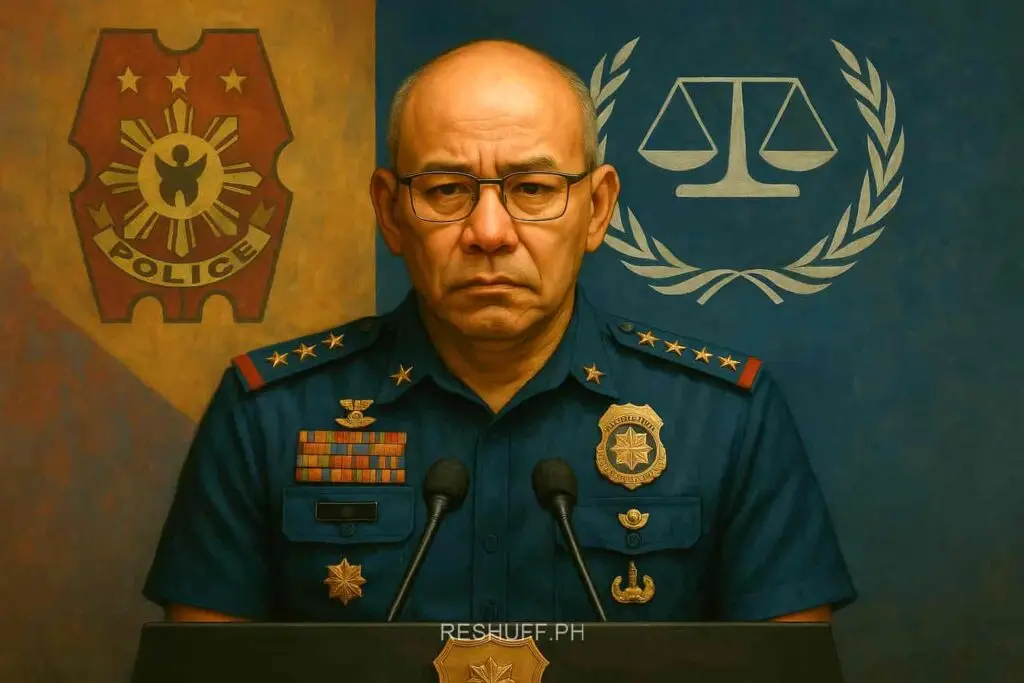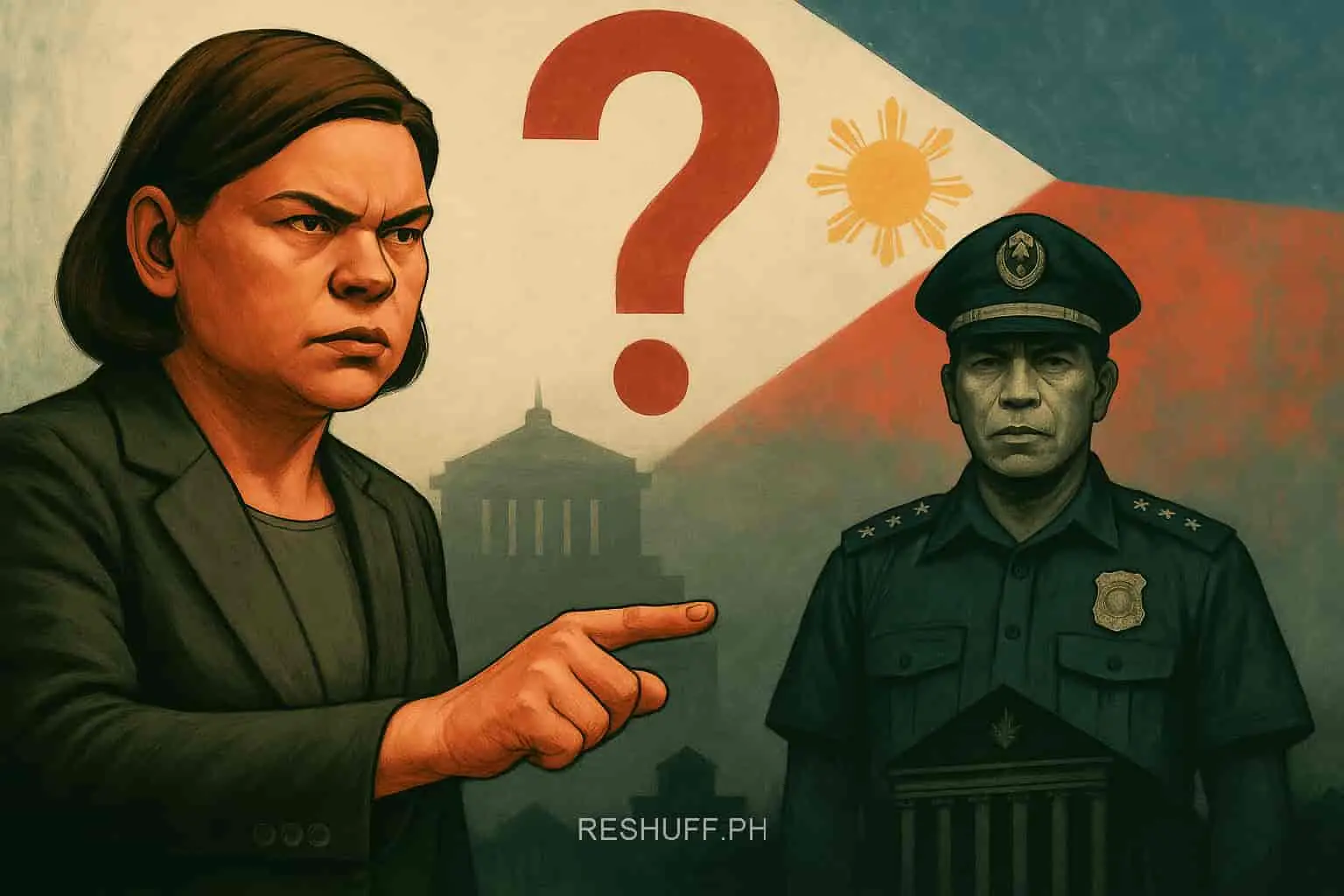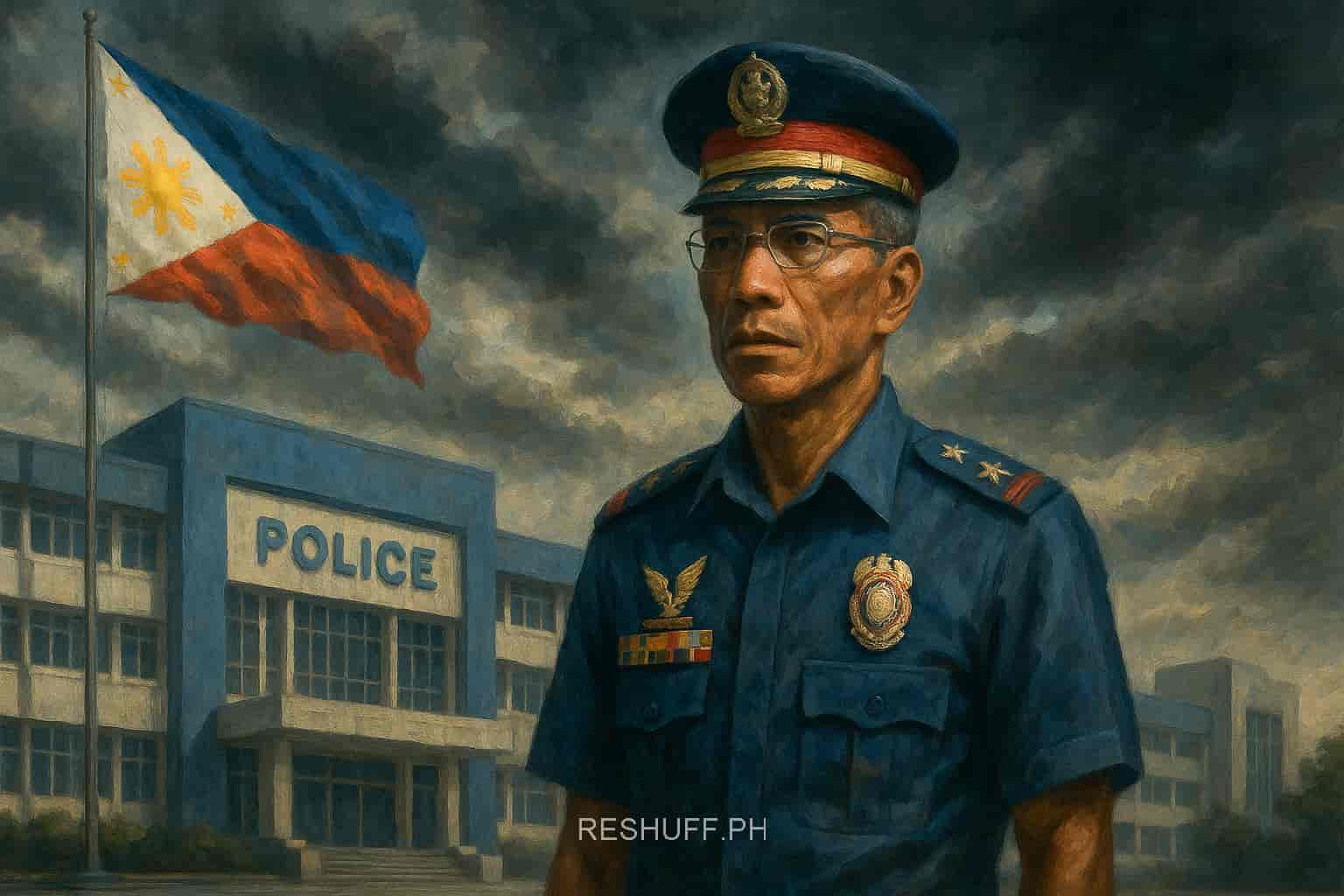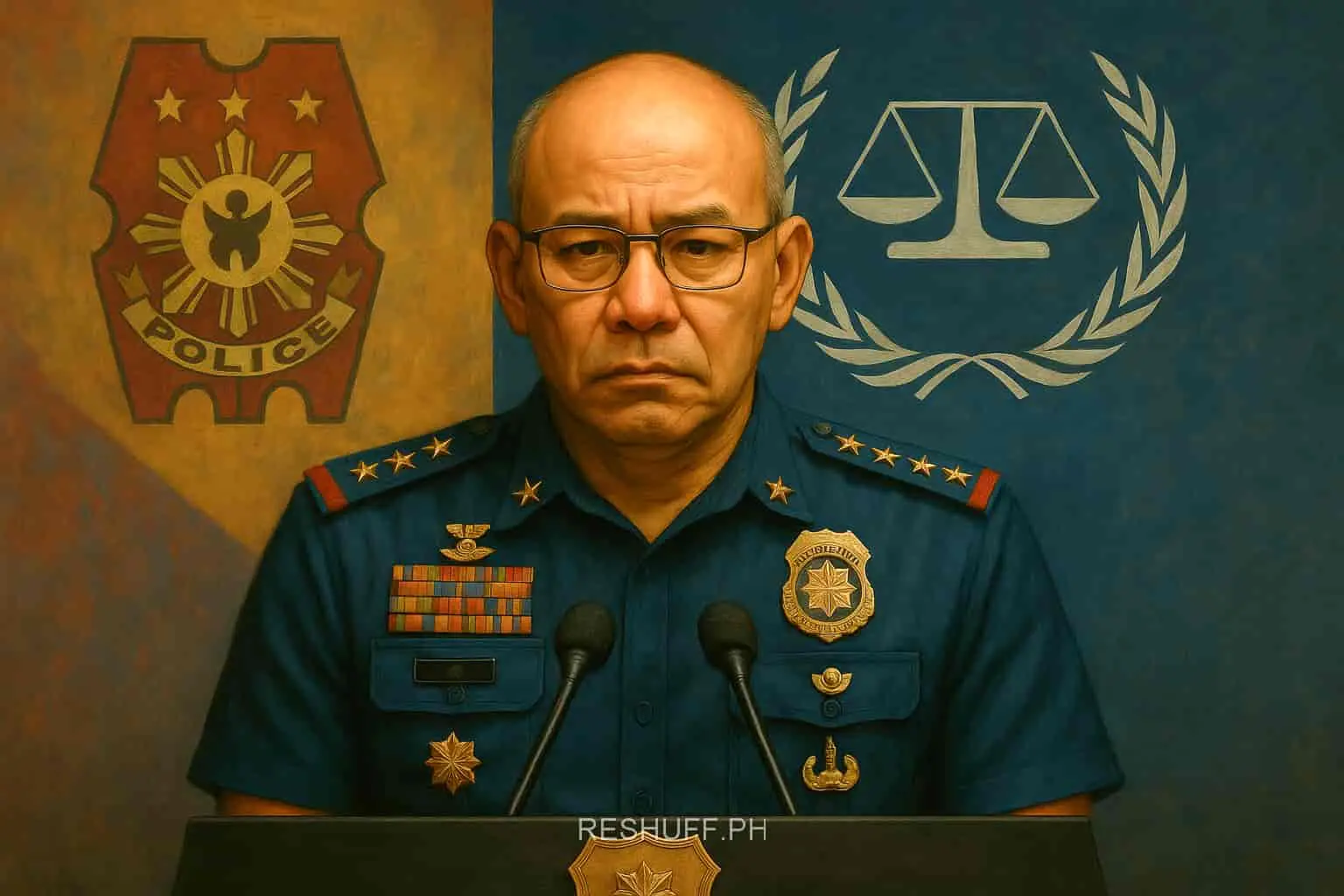The man who dragged a former president to international justice might soon come for his old comrades. Gen. Nicolas Torre III, the police chief who arrested Rodrigo Duterte for the International Criminal Court, now faces a chilling prospect. He may have to arrest the very men who once stood beside him in the bloody drug war.
“We’ll cross that bridge when we get there,” Torre said this week. But his calm words can’t hide the storm brewing in the Philippines.
The Architects of a Deadly Campaign
Sen. Ronald “Bato” dela Rosa and Oscar Albayalde built their careers on Duterte’s war on drugs. Now that same war might destroy them.
Dela Rosa earned the nickname “architect” of the drug war. He created “Oplan Tokhang” – a knock-and-plead program that became a death sentence for thousands. From 2016 to 2018, he served as Duterte’s first police chief. He turned the streets into battlegrounds.
Albayalde picked up where Dela Rosa left off. From 2018 to 2019, he continued the controversial campaign. Together, they oversaw operations that killed at least 6,229 people officially. But human rights groups say the real number reaches 12,000 to 30,000.
Justice Comes Knocking
ICC assistant to counsel Kristina Conti dropped a bombshell this week. “There are three names mentioned in the ICC documents. These are Duterte, dela Rosa and Albayalde,” she told DZBB radio.
The writing is on the wall. Duterte already sits in a cell at The Hague, arrested in March 2025. The same international court that took down the former president now has its sights set on his key lieutenants.
“They could be” next for arrest warrants, Conti confirmed when asked about dela Rosa and Albayalde.
A War That Targeted the Poor
The drug war never touched the wealthy. It hunted the desperate and defenseless instead.
Analyn watched police storm her home and kill her husband Anthony Ruivar in 2019. They claimed he shot first. But witnesses tell a different story – one of execution, not self-defense.
“At least Duterte will only face imprisonment. His family will still have the chance to see him,” said Jerica Ann Pico, whose husband died in the drug war. “Unlike us, who have lost our loved ones, we will never have the opportunity to see them again”.
The numbers paint a grim picture. ACLED data shows at least 7,742 civilians died in anti-drug operations – 25% higher than official government counts. These weren’t hardened criminals. They were mostly urban poor, many listed on official “watch lists” that became death lists.
The Hunters Become the Hunted
Torre’s position creates a bitter irony. The same man who arrested Duterte now prepares contingency plans for dela Rosa and Albayalde. “We are making contingencies where if something like that happens, this is what we will do,” he said.
But the two former police chiefs aren’t going quietly. Dela Rosa plans to hide in the Senate, using his position as protection. “When my warrant of arrest comes out, I will avail of the protection that is going to be afforded to me by the Senate,” he said.
Albayalde takes a different approach. He’s asking President Marcos Jr. for government protection while running for mayor of Angeles City.
Both men claim they just followed orders. “All the operations are all normal police operations,” Albayalde insisted. But the ICC doesn’t see it that way.
International Justice vs. Local Politics
The Philippines finds itself caught between international law and national pride. President Marcos Jr. withdrew from cooperating with the ICC initially. But when Interpol issued the arrest warrant for Duterte, his government complied.
“As of now, we haven’t received information if there will be another warrant of arrest through the Interpol. Should there be one, we will have the same response,” Palace Press Officer Claire Castro said.
The government’s position remains unclear. Marcos argues the Philippines has a “working justice system” that doesn’t need foreign interference. Yet no independent Philippine investigation has examined the drug war’s massive death toll.
Families Still Wait for Justice
For victims’ families, the arrests can’t come fast enough. They’ve waited years for someone to answer for their losses.
The ICC’s investigation covers the period from November 1, 2011, to March 16, 2019 – nearly three years of Duterte’s presidency when the drug war was at its peak. During this time, police reports repeatedly described similar scenarios: alleged drug offenders “violently resisting arrest,” forcing police to open fire.
But witness accounts tell a different story. They describe cold-blooded executions, staged crime scenes, and police planting evidence.
What Comes Next
Torre’s contingency plans remain secret. But the wheels of international justice keep turning. Conti expects more evidence to emerge once Duterte’s trial begins. “I am expecting that once the trial against Duterte begins, more evidence will come out on the extent of Dela Rosa and Albayalde’s participation,” she said.
The drug war claimed thousands of lives. Now it threatens to claim the careers and freedom of those who led it. For families like Jerica Ann Pico’s, each arrest brings them closer to the justice they’ve waited years to see.
The bridge Torre mentioned? They’re about to cross it. And on the other side waits the International Criminal Court, ready to hold accountable all those responsible for one of the deadliest anti-drug campaigns in modern history.
Reshuff PH
Latest News In The Philippines brought to you by Reshuff PH




